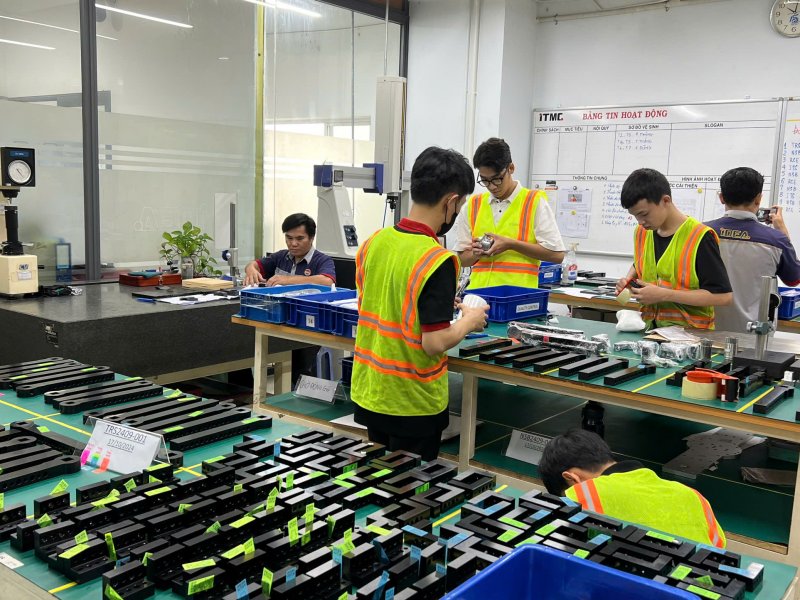In today’s rapidly advancing industrial landscape, the integration of industrial sensors, automation, smart control is crucial to achieving enhanced productivity, precision, and predictive capabilities. As factories shift towards Industry 4.0, sensors form the backbone of intelligent systems—gathering real-time data, enabling logic-driven control, and ensuring operational efficiency. From monitoring temperature and detecting motion to tracking position and enabling machine-to-machine communication, sensors empower automation systems to make informed decisions.

Understanding Industrial Sensors in Smart Automation
Industrial sensors are crucial components designed to detect physical conditions and convert them into signal outputs that automated systems use for control and optimization. They serve as the “nervous system” of smart control frameworks in manufacturing environments.
Common types of sensors used in automation include:
- Proximity Sensors: Detect object presence or movement without physical contact.
- Temperature Sensors: Monitor process heat to ensure ideal operating conditions.
- Pressure Sensors: Track and regulate pneumatic and hydraulic systems.
- Optical Sensors: Detect light variations and object presence with precision.
- Position Sensors: Measure linear/displacement movement for robotic systems and conveyors.
Enhancing Automation Through Smart Control
The integration of these sensors with programmable logic controllers (PLCs), human-machine interfaces (HMIs), and industrial IoT platforms enables smart control. This intelligent interaction ensures:
- Real-time process adjustments for improved efficiency
- Proactive maintenance by detecting equipment wear or anomalies
- Energy optimization through data-driven operational insights
- Improved safety via automated hazard detection and shutdowns
Such smart control creates a feedback loop where machines self-optimize without manual intervention. Leading automation innovators like Che Tao May IDEA offer cutting-edge mechanical design services that incorporate these capabilities into customized machine solutions.
Benefits of Integrating Industrial Sensors and Automation
The integration of industrial sensors, automation, and smart control technologies delivers measurable gains across operations:
- Increased Uptime: Faster issue detection and resolution minimizes downtime.
- Higher Product Quality: Non-stop monitoring maintains process consistency.
- Energy Savings: Optimized controls reduce unnecessary power consumption.
- Scalability: Sensor-rich systems are easily upgradable for growing demands.
Real-World Applications Driving Innovation
Industries such as food & beverage, automotive, electronics, and pharmaceuticals rely heavily on sensors in smart manufacturing. For example, in food processing lines, temperature and moisture sensors ensure hygiene and regulatory compliance. Similarly, automotive assembly robots equipped with torque and position sensors enhance precision in component installation.
Global technology providers like IDEA Group VN are spearheading automation innovation with fully integrated sensor systems tailored to specific industry needs.
Why Choose IDEA for Sensor-Driven Automation Solutions?
IDEA is a leading provider of industrial machine design, automation solutions, and smart control systems in Vietnam. By integrating advanced industrial sensors into your automation platforms, IDEA ensures end-to-end system intelligence from data acquisition to decision logic.
Visit IDEA’s official website for innovative projects, service offerings, and successful partnerships that demonstrate our commitment to delivering measurable results through state-of-the-art industrial automation systems.
Embrace the transformative power of industrial sensors, automation, smart control to elevate your production efficiency, reduce overhead, and stay competitive in today’s digital age. Contact IDEA today to collaborate with a visionary partner in Vietnam’s automation and industrial machinery sector.


Leave a Reply